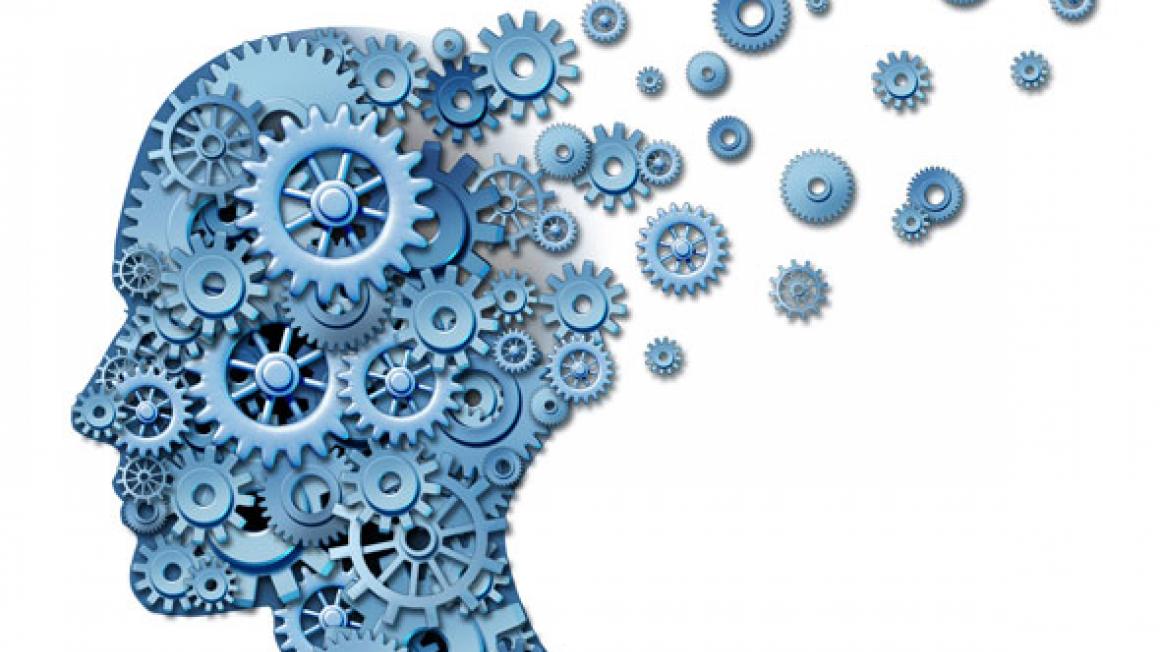Wearing red makes you more attractive...
Tricked by your own mind
Things that you don’t realise you’ve seen, cues that you’ve missed, and mannerisms you don’t notice in other people all change what you think and do. Our unconscious dominates our life. It doesn’t just take over when we’re doing simple things like driving a car while our mind is elsewhere, or do weird, dark, Freudian things. Instead, it controls all the most important things we do in life. Our brains decide things for reasons we’re unaware of, and then create a plausible story for why we do what we do.But why should our brains play such elaborate tricks? Why do we have the impression that we know why we’re doing what we’re doing? Is being conscious useful at all? It turns out that it is: but in the least expected way. We infer what we’re thinking in the way that other people infer what we’re thinking. To understand what is going on in other people’s minds, we have to deduce what they’re thinking from their expressions, their posture, what they say and do. But they’re doing the same about us, so to really understand what they’re thinking, we have to infer what we’re thinking in the same way. Consciousness isn’t for understanding ourselves, it’s for understanding other people.
To get on with other people, copy what they do
We subtly mimic other people all the time, picking up their turn of phrase and imitating the way they sit. We don’t do so deliberately or notice we’re doing it (or that other people are copying us), but it still changes how they perceive us. During a speed-dating session, a French researcher coached some of the women taking part to subtly mimic their partner’s body language. For example, if he scratched his ear, they should scratch their own a few seconds later. When the women copied the men they were rated as being sexier and more of the men requested a second date.Warm drinks = warm people
An icy demeanour, a frosty glare, a chilly reception or a wintry smile are all things to be avoided. So it’s useful to know that metaphors aren’t just literary oddities – they influence the way we sense the world. Experiments show that after we get the cold shoulder, we actually perceive the temperature in the room to be lower than those who’ve received a warm reception. It also works the other way round. When researchers gave a hot cup of coffee to someone, that person ranked other people as being warmer than those who had been given an iced cup to carry.Wearing red makes you appear more attractive
It’s not only verbal metaphors that influence our behaviour. Red is the colour of love, whether it’s red roses or Valentine’s Day cards. Scarlet women operate in red-light districts, and even respectable ladies wear red lipstick when they want to seduce their husbands. When women assessed a series of pictures of men, those in red shirts or whose photos were placed in a red border gained an extra point on a one-tonine scale.To be happy, just smile…
In the way that other people work out what we’re thinking from our expressions, we work out what we’re thinking ourselves. When volun-teers were induced to smile (by holding a pen between their teeth), they ranked cartoons as being funnier than volunteers who’d been induced to frown.If you want someone to agree with you, encourage them to nod
In this experiment, volunteers believed they were nodding or shaking their head to test a pair of headphones. But the nodders agreed with the message they were listening to more than the shakers.Sit up straight – your mother was right
When volunteers received compliments while sitting in a straight-backed chair they claimed to be prouder of their achievements than those who were slouched in a recliner.If you want someone to love you, frighten them (a bit)
Being in love has many of the same symptoms as being afraid. Because we infer our own mind from the outside in, we can, rather oddly, mistake the sweaty palms, beating heart and flushed face of fear for the early stages of love. Men who’d just crossed a scarily high wobbly bridge were four times more likely to chase after an attractive female experimenter than those whose hearts were untouched by walking across a low, stable bridge.So what does all this mean?
Science in general is odd: Darwin’s theories, quantum mechanics and even Copernicus’s ideas all told us that the world isn’t what we experience it to be. But this new science is one step weirder: it tells us that what we experience about experience is wrong. We don’t need to get disheartened about this. Life is about other people: friends, loves, family. Even the most misanthropic get everything that matters to them through other people. The food we eat, the houses we live in, the books we read and the music we listen to all depend on the work of other people and our ability to get things from them. What makes humans special is the complexity of our social lives. It shouldn’t be quite such a surprise that consciousness – the process in our brain that is so dear to us – serves a social purpose.Unthink, by Chris Paley, is published by Coronet, priced £9.99.



